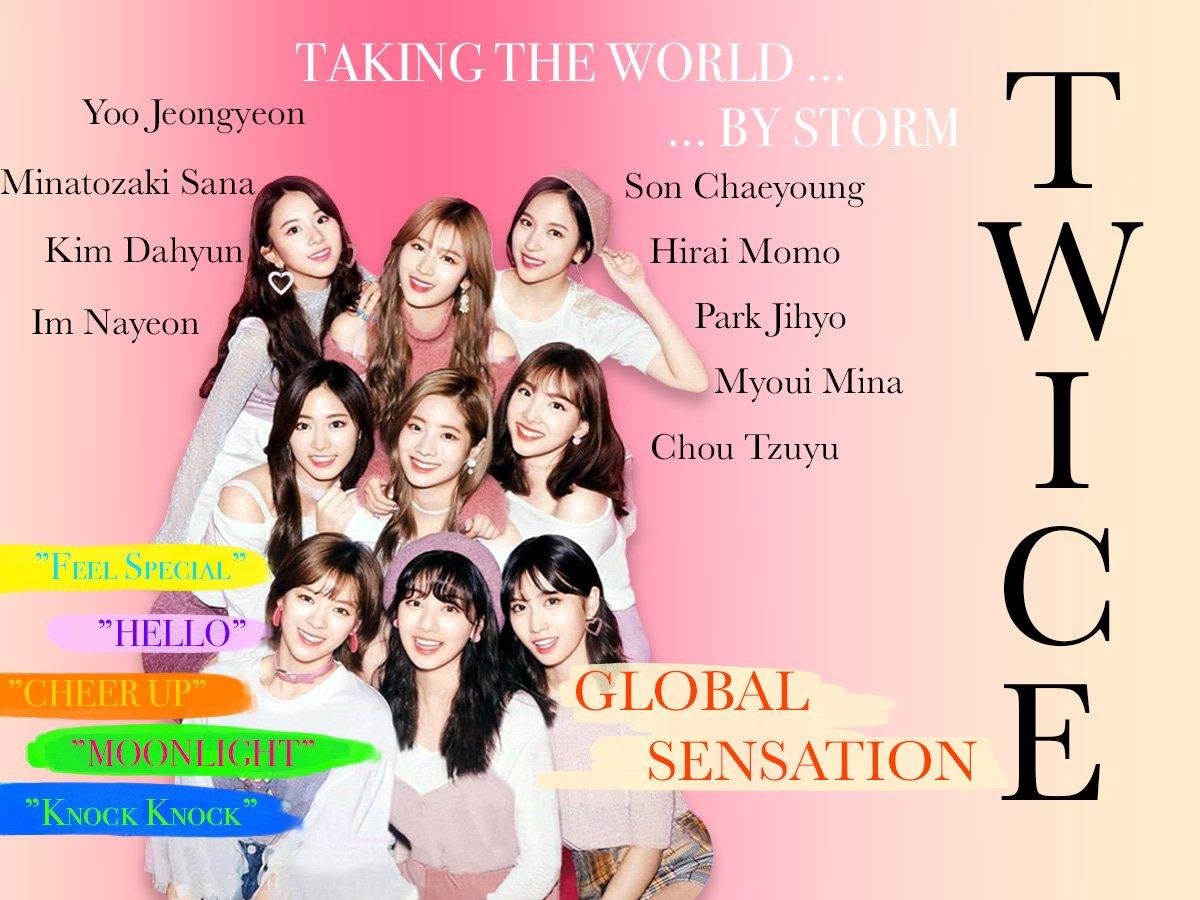As a melodic muse, a storyteller and a siren, Mélat opens up on the horizon of a new album.
Story by Henry Youtt
Photos courtesy of Moyo Oyelola
During a time of division, Mélat is a composer of convergence. “It’s not about language or race or gender or sexuality,” Mélat says, each word with a piercing conviction. “We all have these adversities we all have to overcome, but at the end of it all, there’s this line. And it cuts through everything.”
In a world that breeds convention, her sound dissolves definitions of genre. She glides through R&B, alt-pop, and soul, laced with alluring lyricism and velvety production. Her last album, MéVen, caught an ornate arrangement in full bloom, 11 tracks of blossoming harmony that have since enchanted swarms of new fans.
The Austin-native and University of Texas at Austin alumna raced to and from meetings and rehearsals earlier this month, gearing up for her first, long-awaited Austin City Limits Festival performance, included in the same lineup with her good friend Xavier Ömar.
Just days before she took the stage, ORANGE Magazine got the chance to slow down and chat with the singer. Between Netflix suggestions and charming tangents, Mélat tenderly unpacked her life, an Afro-American odyssey of renovating old memories into new music, nurturing the art of radical optimism and finding solace in only the most feminist of video games.
Like any artist, gunslinging and puzzle-solving are all in a day’s work. “Right now, I’m replaying Bayonetta 2 because I love Witch Time and kicking ass,” Mélat says. “I tend to love the games where I am a kickass girl. Like yeah, let’s go beat some people up. I only do that in video games, though, you know.”
When she puts the controller down, Mélat is still very much a dreamer. She says that as a child she envisioned being at the Grammy Awards at age 12 singing alongside Frank Sinatra, yet her reserved disposition led her down humbler paths to style. “I was always super, duper shy,” Mélat says. “Finding my style was a very long process. There was this whole evolution of thought and this whole evolution of confidence. I always loved music though so I did whatever I could to be close to it. That kind of pushed me to get out there.”
This gradual and ritual process of coming into her own artistry folded in layers of ancestral history and expressive identity, heavily formed by an attendant family, cultivating cultural pride and strong womanhood. “Growing up, it was a house of women,” Mélat says. “I have two sisters. My grandmother also lived with us. Then my mom and my dad—my poor dad.”
For a moment, she harkens back to this simpler time: a Texas home filled with warmth and song and the smell of nail polish remover, sounds of her mother making breakfast and her father tending to the lawn outside. Her parents immigrated from Ethiopia in the eighties. “My parents pretty much came here with nothing,” Mélat says. “When I went back to Ethiopia, there was a really stark difference between the village from where my dad grew up versus Cedar Park.”
Mélat speaks with grace, gratitude and vicarious nostalgia, as if this journey she catalogs is at once certainly hers and certainly not. Nevertheless, this recollection hits very close to home, quite literally. “I’m able to do the things I’m doing because of the sacrifices [my parents] made and the millions of jobs they had to take on to make my life as comfortable as they could,” Mélat says. “That’s where I find a lot of fuel for what I am doing.”
“Negn,” a song from MéVen, captures this drive. Conjuring lyrical mysticism and a compelling resonance on the track, Mélat sings completely in Amharic, the Ethiopian language in which she is fluent, culminating a sound that is candidly captivating, artistically potent and spontaneously impassioned. “It was really weird how it happened,” Mélat says. “I sat down and I thought, let me just try to sing in this language and see what happens, and somehow I fell into this focus and these words started coming out of my mouth and as I started singing them and jotting them down and recording them and making sure I kept ahold of them ‘cause they’re just coming out of nowhere. Suddenly, it got really, really emotional.”
Mélat stops for a moment to talk about her grandmothers, both of whom never called her by her birth name. One called her Mewded meaning “to love,” the other Addis Alem meaning “new world.” Neither of them are with her nymore, she says, but in the middle of writing “Negn,” she began to hear them, calling to her once again. “It just felt like they were speaking to me and I could feel what they were trying to tell me,” Mélat says. “It took me a few weeks to record the song because I would just break down in tears, just overcome with emotion. It seemed like they were telling me that I am here to lead with love. So, once that song was done, I was like, ‘This song has to go on there.’”
Yet releasing something raw and unapologetically personal had Mélat worried about its reception. “I’ve never done a song like this, and I was terrified that people were gonna be like, ‘What the hell is this?’” Mélat says. “But somehow that song, which isn’t even in English, resonated with people who don’t even speak the language. And I think the fact that people can still understand what I am emoting regardless of understanding what exactly I’m saying is a testament to the beauty of humanity.”
In an industry that eats up artists daily, humanity is a radical act. Prioritizing happiness and love goes against a space that fashions its players to be apathetic and greedy, something Mélat has always resisted. “The music industry gets painted as a bunch of sharks who are out for themselves and that’s always been my hesitation with music,” Mélat says. “I don’t want to be like that and, more importantly, I don’t want to have to deal with people like that. I’m here to make songs to inspire people and show them that it’s possible to make it. The more I realized I could do that by bettering myself, the more everything just started coming together for me.”
Sharing a lineup with high-profile artists, Mélat appreciates her responsibilities as an outspoken artist herself, facing the complications of having to negotiate political and cultural identity between sets. During the show, the audience stands waiting for her voice. Perhaps, when she leaves the stage, it’s no different. “I definitely believe music is a very powerful vehicle,” Mélat says. “I think it’s imperative that when you have an art form through which you can speak to multiple groups of people at once, it important to put stuff out there that means something.”
Mélat is doing just that, noting that a few songs on her next album address the political and social implications of today while staying true to her optimism. “I’m not the type of person to draw attention to negative things and negative people,” Mélat says. “For me it’s like, look, I’m gonna block all this bad stuff out and do my best to spread love and positivity and hope that that permeates further than talking about how much I hate this or that. I think it’s important to draw attention to it at specific times, but that’s just not my focus.”
Rather, Mélat pursues positivity, quilting together silverlinings during a time that tells her that’s not possible. “Some people will come out and say, ‘Fuck Donald Trump,’” Mélat says. “But my way is more to inspire people to be good, inspire that humanity. It’s okay to be kind, it’s okay to be good and be happy.”
This mentality is paying off. Mélat just cut a deal with Honda and Austin360 for the glossy music video for her new single, fittingly titled “Speed Racer.” Bright, buoyant beats and sweetly charismatic vocals certify that no one can bring this girl down. “My entire summer was consumed by Afro beats music and I can’t help but move when that type of music comes on,” Mélat says. “After hearing the beat, I wrote the song in like 15 minutes and recorded it in another 30 and it was done. It was just one of those instant, meant-to-be songs.”
Such metaphysical determinism embellishes the whole of her prophetic artistry, down to the color of her hair. “You can’t really hide when you’re a black girl with blonde hair, especially when it’s curly and huge,” Mélat says. “It really forced me to live up to that.”
Ashes to ashes, dust to dust, Mélat seems to intend on making this life worth every second. “When you go into a crowd, you can’t hope that people aren’t going to look at you,” Mélat says. “You speak up and talk about who you are, and when I did speak up not only did I feel more confident but I feel that it gave other people a voice to speak up as well.”
As she leaves for her final rehearsal, one can’t help but wonder if Mélat is just the superhero the world needs.













































